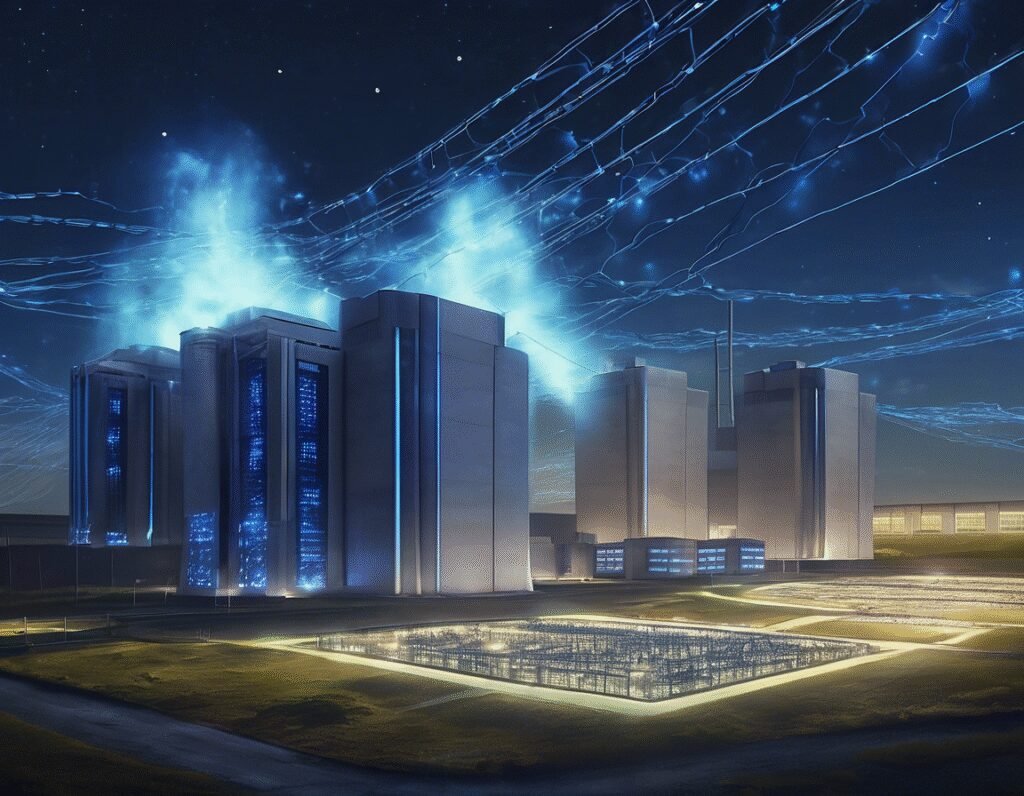Microsoft AI Chief Advocates for Global Nuclear Energy Expansion to Power AI Future
In a recent statement that has sent ripples through both the technology and energy sectors, Mustafa Suleyman, the head of artificial intelligence at Microsoft, made a compelling case for a significant global increase in nuclear energy capacity. He argues that this expansion is not just beneficial but fundamentally necessary to meet the soaring electricity demands of the rapidly growing artificial intelligence industry.
Suleyman’s central thesis is that the computational power required to train and run the next generation of advanced AI models is immense and growing at an exponential rate. The data centers that house these powerful computers are incredibly energy-intensive. He contends that current renewable energy sources like wind and solar, while crucial for the broader climate fight, may not be sufficient on their own to provide the constant, reliable, and massive baseload power that these AI infrastructures demand. He pointed out that these facilities require power 24 hours a day, seven days a week, regardless of weather conditions.
This is where nuclear power enters the equation. Suleyman highlighted that nuclear energy is one of the few clean energy sources capable of delivering a high-density, uninterrupted power supply at the scale required. He expressed a firm belief that we have a moral obligation to build this energy capacity to fuel the future of AI, which he views as a transformative technology for humanity. His vision includes a substantial build-out of new nuclear fission facilities in the near term to bridge the gap.
Looking further into the future, Suleyman is also a strong proponent of investing in and developing nuclear fusion technology. Often hailed as the holy grail of clean energy, fusion promises to provide even greater amounts of safe, sustainable power with minimal long-lived radioactive waste. He suggests that the pursuit of fusion is a critical long-term investment that aligns with the perpetual energy needs of advanced computing.
The Microsoft AI chief’s comments come at a time when the energy consumption of large tech companies is already under intense scrutiny. The push for more nuclear power presents a potential solution to a major point of criticism, offering a path to scale AI operations without a corresponding massive increase in carbon emissions from fossil fuels. This perspective frames nuclear energy not as a alternative, but as a primary enabler of sustainable technological progress.
Suleyman’s stance is a powerful endorsement from a key leader in the tech industry, signaling that the energy requirements of AI are now a central concern shaping global energy policy discussions. His argument positions nuclear power as indispensable infrastructure for the 21st century, essential for powering the next wave of innovation.

